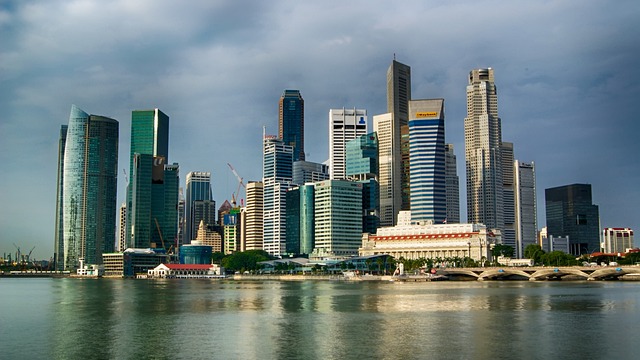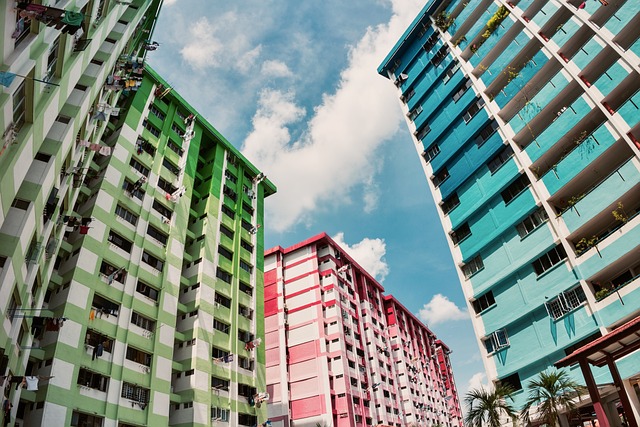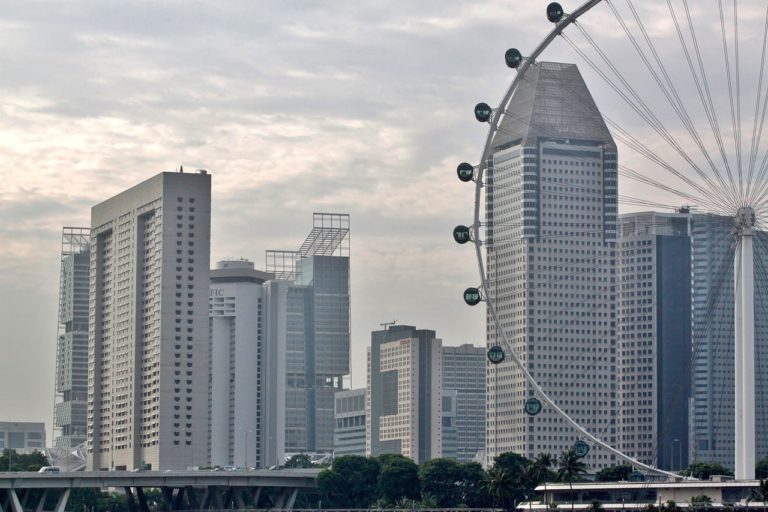A Memorandum of Understanding (MOU) was signed on 11 January 2024 between Singapore and Johor for the establishment of a Special Economic Zone. It is a joint economic project undertaken by Malaysia and Singapore to create a new economic hub in the Malaysian state of Johor. What are the goals of this partnership and how will it benefit Singapore?
What is the Johor-Singapore Special Economic Zone (JS-SEZ)?
The Johor-Singapore Special Economic Zone (JS-SEZ) is a partnership to strengthen economic connectivity between Johor and Singapore. Seen as a major initiative for economic cooperation between the two countries, a full-fledged agreement is expected to be finalised by the end of 2024. The JS-SEZ has already generated significant interest from investors even at this early stage.
Targeting high growth industries such as electronics, healthcare, financial services, and business-related services, the JS-SEZ will be located within the Iskandar region in Johor, an area that already boasts established infrastructure and ongoing development efforts. Businesses operating in the JS-SEZ may benefit from streamlined, passport-free customs clearance, tax incentives, and simplified labour regulations. With the new Rapid Transit System (RTS) Link that is currently being built to connect Johor Bahru and Singapore, making it easier and faster for people and goods to move between the two cities.
JS-SEZ’s Main Goals
Being close neighbours, Singapore and Malaysia need each other in more ways than just water supply and tourism receipts. These countries are each other’s second-largest trading partners, with bilateral trade growing at 18.9% year-on-year to S$153 billion in 2022. Johor, sitting on the southernmost tip of Malaysia, is the best state to partner with Singapore to boost Malaysia’s economy to a higher level.
This new Special Economic Zone therefore aims to:
- Strengthen economic connectivity by integrating the economies of Johor and Singapore, fostering closer business ties and leveraging each other’s strengths.
- Attract investments, both domestic and foreign investments in targeted industries, by offering preferential benefits and streamlined regulations
- Boost economic growth by creating new jobs, increasing trade, and driving development in both countries.
3 Benefits of JS-SEZ for Singapore
At first glance, this partnership seems to benefit Johor more than it does for Singapore. Economists believe it is a win-win situation for both Singapore and Johor. However, with attractive tax incentives, lower manpower costs, and lower rental costs, won’t Singapore businesses and investors move their headquarters and assets to Johor? What benefits can Singapore possibly reap from the JS-SEZ?
Enhanced Economic Integration
- Singapore companies can tap into Johor’s workforce, landmass, and resources, especially renewable energy, for expansion.
- The JS-SEZ creates a larger integrated market, fostering collaboration and opening new avenues for trade and investment.
- Companies operating in the JS-SEZ may benefit from lower rents and labour costs, improving their competitiveness.
Improved Connectivity and Infrastructure
- The planned streamlined customs clearance with passport-free travel within the JS-SEZ will ensure easier movement of people and goods.
- The upcoming Rapid Transit System Link will provide faster and more efficient movement of people between the two countries, boosting connectivity and workforce.
- Collaboration in infrastructure projects like the RTS Link and Iskandar development can optimise resource allocation and benefit both economies.
Strategic Regional Cooperation
- The JS-SEZ serves as a tangible symbol of the close relationship between Malaysia and Singapore, enhancing political and economic cooperation.
- Both countries can leverage their combined marketing capabilities to attract larger and more diverse investments to the region. This might also mean shared costs.
- The JS-SEZ can further solidify the Singapore-Johor axis as a premier economic powerhouse in Southeast Asia, attracting talent and investments from around the world.
How does the JS-SEZ affect Singapore’s Immigration and Business Landscape?
While it is still too early to analyse the future impact of the JS-SEZ on Singapore’s immigration and business landscape, we expect a few things to change for Singapore.
Immigration Landscape
Competitive salary offered in the JS-SEZ paired with lower cost of living in Malaysia might reduce the total number of Malaysians willing to work and live in Singapore, thus reducing the number of Malaysians getting Work Passes such as S Pass and Employment Pass (EP) and Singapore PR in future.
Malaysians working and living in Johor would increase rental occupancy in Johor real estate, thus increasing the economy in the area. Since rental costs in Johor are much more affordable compared to Singapore, talents that have been working in Singapore and have the opportunity to work in the JS-SEZ might move to Johor instead.
However, due to the specific target industries that are planned for the JS-SEZ, the number of people affected by this is expected to be minimal. Will this mean there will be more quota for other nationalities for Work Passes and Singapore PR applications?
Business Landscape
Foreign Direct Investments (FDIs) that have manufacturing plants in Singapore might reduce their operation in Singapore and move to the JS-SEZ. Singapore has attractive tax rebates, a developed financial market, and a stable and transparent government, and FDIs might still want to leverage on them. With this hybrid arrangement, the FDIs will be able to expand their businesses at reduced cost while still being able to take advantage of what Singapore and Johor have to offer. Will this allow more space for other types of businesses, especially in the manufacturing sector, to set foot in Singapore?
Long-Term Effect of JS-SEZ for Singapore
It will be interesting to see how the JS-SEZ will be executed and how it will benefit Singapore, especially in the long run. Establishing JS-SEZ puts Singapore as a serious business contender on the global platform and the success of JS-SEZ will further cement Singapore’s position as a business hub in Asia, giving confidence to more businesses to set up in the country.







